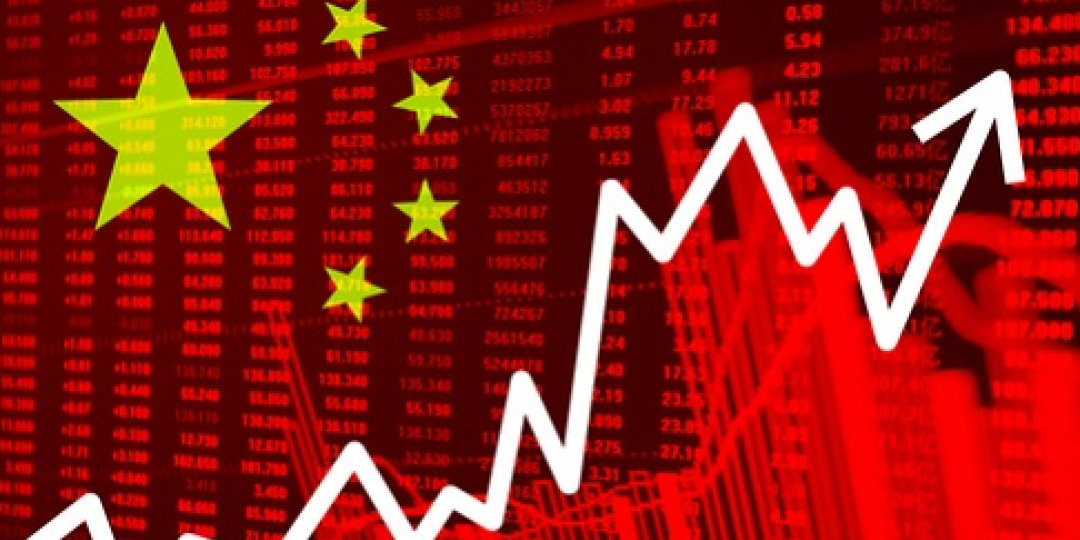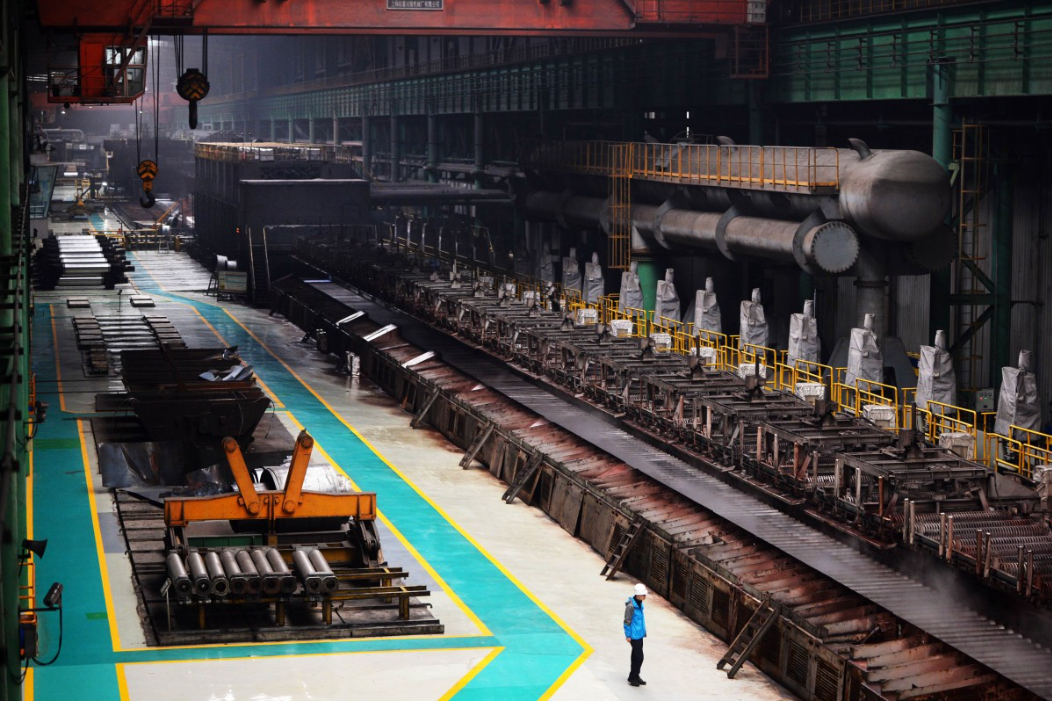
Christopher A. McNally, Professor of Political Economy, Chaminade University
Oct 25, 2024
China’s recent monetary stimulus measures initially boosted stock markets but quickly fell short of reviving domestic demand and investment. A "whatever it takes" approach with more forceful fiscal stimulus is essential to reset consumer and investor confidence.
Shang-Jin Wei, Professor, Finance and Economics at Columbia University
Oct 08, 2024
The timing of China’s new stimulus package is not coincidental. Arriving just before the 75th anniversary of the People’s Republic, the announcement was well-received by equity investors, leading to a surge of more than 15% in the country’s main stock indices.
Zhang Jun, Dean, School of Economics, Fudan University
Sep 30, 2024
In the wake of China’s exit from its zero-COVID strategy, the government has recognized the need to address the economic risks arising not only from suppl
Yu Xiang, Senior Fellow, China Construction Bank Research Institute
Sep 30, 2024
The rare 50-basis-point interest rate cut is the American central bank’s response to a slowing economy. It will inevitably have far-reaching effects. For China, it is likely to influence capital flows and cause fluctuations in China’s financial markets. It will also put upward pressure on the yuan, which could hurt the country’s exporters.
Sep 27, 2024
In this interview with CUSEF President James Chau, Professor Lawrence Lau discusses his book "Is the Chinese Economy a Miracle or a Bubble?" and explains China'

Christopher A. McNally, Professor of Political Economy, Chaminade University
Aug 16, 2024
The Chinese Communist Party’s Third Plenum was largely about continuity, endorsing China’s current policy thrust rather than marking a decisive shift.
Huang Yiping, PKU Boya Distinguished Professor and Former Member of the Monetary Policy Committee, People’s Bank of China
Aug 09, 2024
Decentralization of decision-making from the central government to local authorities is widely regarded as one of China’s most effective policy reforms of the past four decades. As the Communist Party’s priorities shifted from class struggle to economic development, decentralization turned out to be a tremendous catalyst for growth.

Yu Yongding, Former President, China Society of World Economics
Aug 05, 2024
In recent months, Chinese overcapacity has been a major topic of discussion – and a source of controversy – among economists and policymakers around the world. While these concerns are not entirely off base, they are excessive and resolvable.
David T. C. Lie, Chairman, China New Era Foundation, Hong Kong
Jul 26, 2024
By accurately navigating global currents, stakeholders can consider both the expectations set before the plenum and the realities that follow, providing clearer insight into China’s strategic direction and its global implications.
Stephen Roach, Senior Fellow, Yale University
Jul 19, 2024
In the so-called Third Plenum to be held on July 15-18, China’s senior leadership will have an opportunity to establish the broad outlines of a policy framework that could reshape the country’s course for the next several years. Don’t count on it. There is good reason to think that China watchers in the West have unrealistic expectations of what is to come.
Back to Top

- China-US Focus builds trust and understanding between the U.S. and China through open dialogue among thought leaders.
- Our Offerings
- Topics
- Videos
- Podcasts
- Columnists
- Research Reports
- Focus Digest
- Stay Connected
-
Thanks for signing up!
- Get the latest stories from China-US Focus weekly.